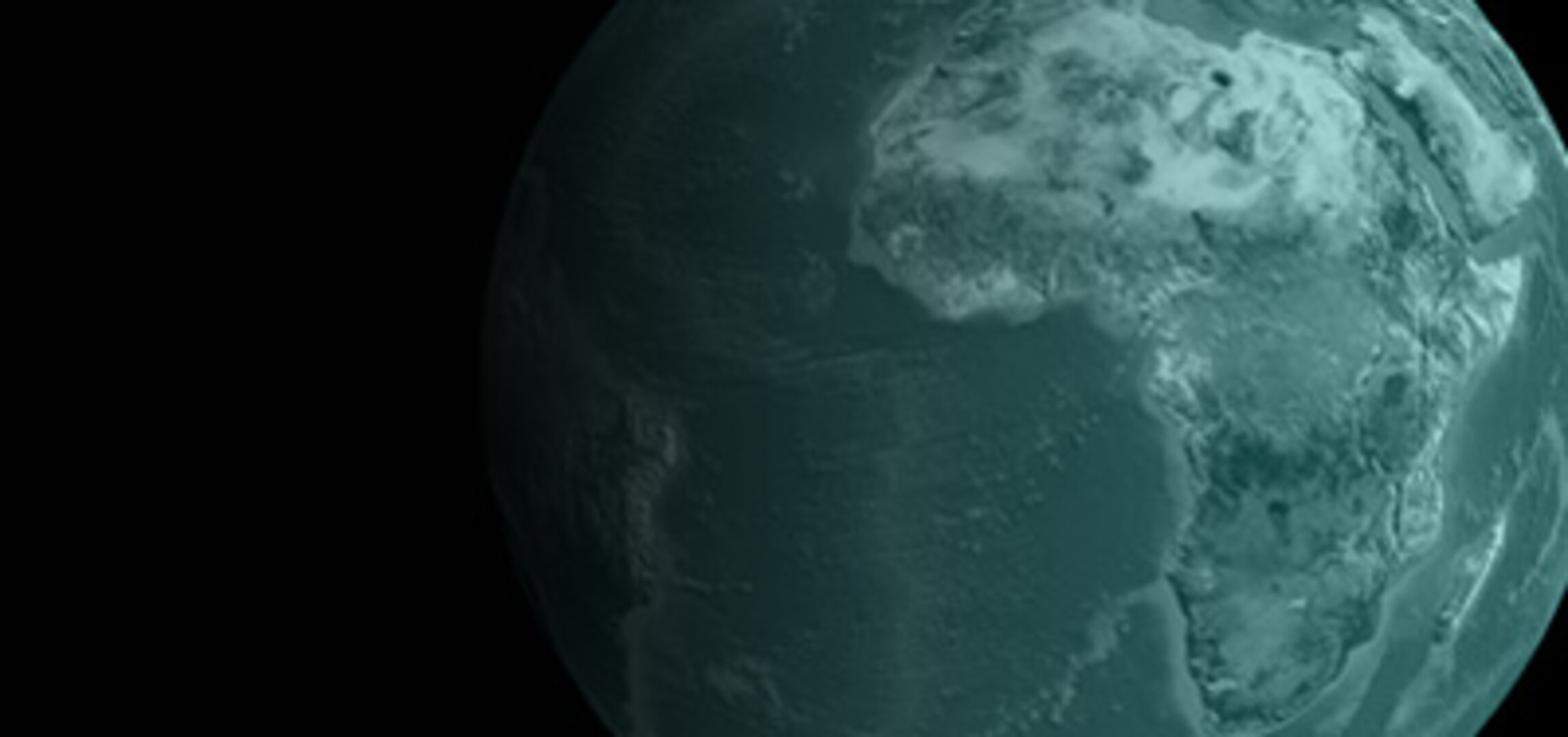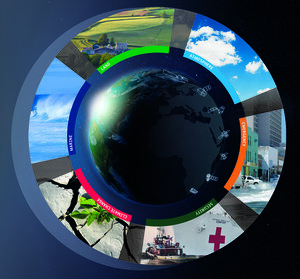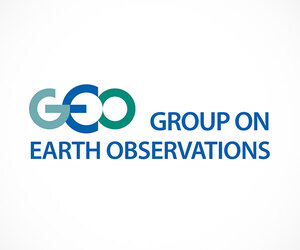Overview
The Copernicus programme, previously known as GMES, Global Monitoring for Environment and Security programme, has been established to fulfil the growing need amongst European policy-makers to access accurate and timely information services to better manage the environment, understand and mitigate the effects of climate change and ensure civil security.
Under the leadership of the European Commission, Copernicus relies largely on data from satellites observing Earth. Hence, ESA – in accordance with the European Space Policy – is developing and managing the Space Component for the initiative. The European Commission, acting on behalf of the European Union, is responsible for the overall initiative, setting requirements and managing the services.
To ensure the operational provision of Earth-observation data, the Space Component includes a series of six space missions called 'Sentinels', which are being developed by ESA specifically for Copernicus.
In addition, data from satellites that are already in orbit, or are planned, will also be used for the initiative. These so-called 'Contributing Missions' include both existing and new satellites, whether owned and operated at European level by the EU, ESA, Eumetsat and their Member States, or on a national basis. They also include data acquired from non-European partners. The Space Component forms the European contribution to the worldwide Global Earth Observation System of Systems (GEOSS).
ESA's new Sentinel missions will provide information for all domains for Copernicus, starting with the all-weather, day and night radar imaging from Sentinel-1 for land and ocean services. Sentinel-2 delivers high-resolution optical imaging for land services and Sentinel-3 provides services for ocean and global land monitoring. Sentinel-4 and Sentinel-5 will provide data for atmospheric composition monitoring from geostationary and polar orbits, respectively. Sentinel-6 will provide radar altimetry data to measure global sea-surface height, primarily for operational oceanography and for climate studies.
A Ground Segment, facilitating access to Sentinel and Contributing Mission data, complements the Copernicus Space Segment.
The acquisition of reliable information and the provision of services form the backbone of Europe’s Copernicus programme. Services will be based on data from Earth observation satellites, as well as a wealth of measurements taken in situ from instruments carried on aircraft, floating in the oceans or positioned on the ground.
The Copernicus in situ component is based on an observation infrastructure owned and operated by the large number of national and European stakeholders coordinated, in some cases, within the framework of European and international networks. The in situ component is under the coordination of the European Environment Agency (EEA).
The resulting services will bring a broad range of socio-economic benefits to many sectors of society. Policy makers will have ever-better information on which to base decisions for the protection, preservation and management of the environment as well as benefit from related cost savings.
Services provided through Copernicus fall into six main categories: services for land management, services for the marine environment, services relating to the atmosphere, services to aid emergency response, services associated with security and services for monitoring climate change.
These services have the potential to significantly improve many environmental concerns such as natural resource management, food security, biodiversity and air-quality forecasting. In addition, information through Copernicus will lead to a better understanding of climate change issues. The services component of Copernicus is under the responsibility of the European Commission (EC).
In essence, Copernicus will help shape the future of our planet for the benefit of all. ESA is contributing by providing a proven framework for the development of operational systems on behalf of the user community, paving the way for investment in future generation systems. ESA is exploiting its 30 years of expertise in space programme development and management to contribute to the success of Copernicus.







